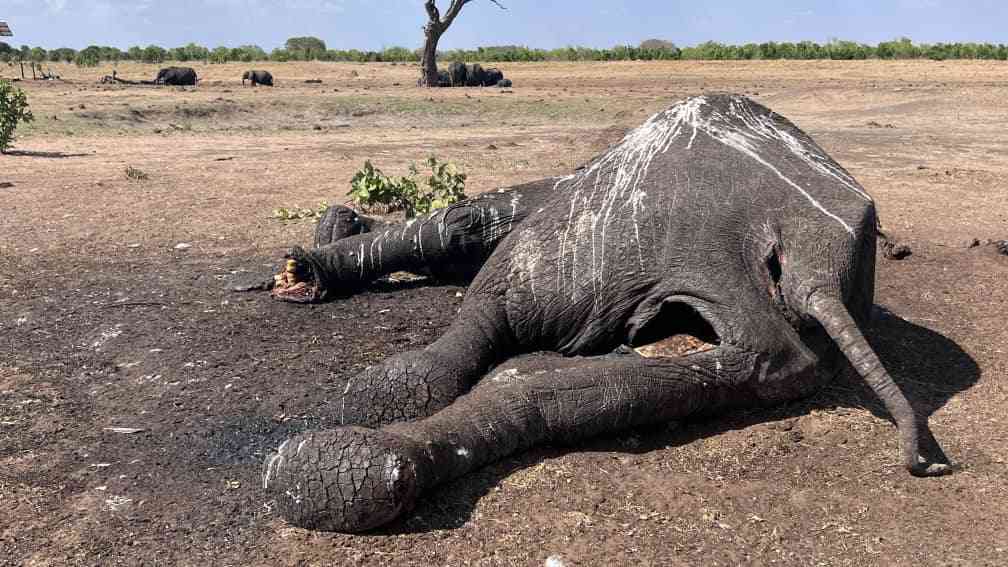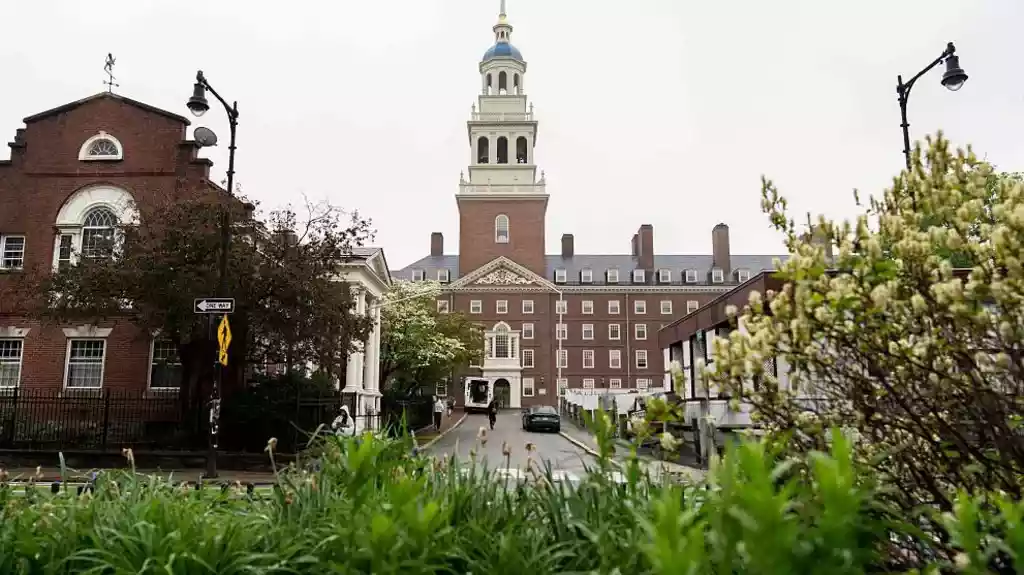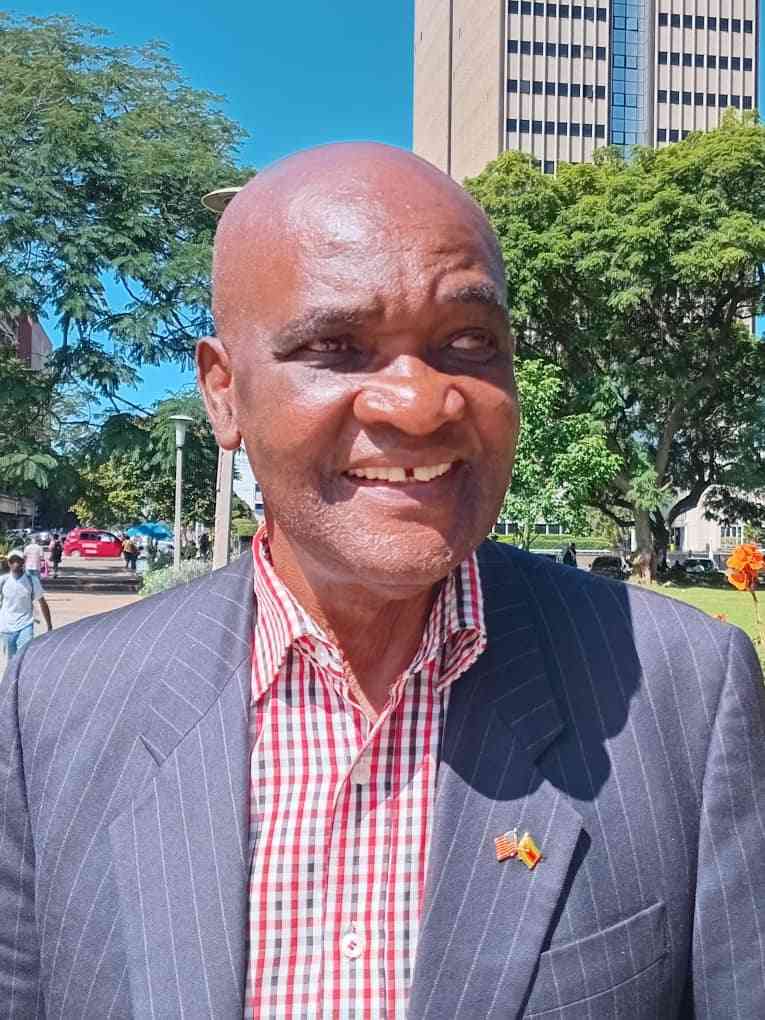
More elephants and other wildlife are at risk of dying in Zimbabwe, as an extended dry season has reduced once abundant water holes, to muddy puddles, the International Fund for Animal Welfare (IFAW) has said.
In a statement, IFAW said summer rains were five weeks late due to the ongoing El Niño phenomenon, as dozens of elephants have already died in Hwange National Park, the county’s largest protected area home to about 45,000 elephants.
At least 100 elephants are already reported dead due to lack of water.
“Elephants and other wildlife species will face a crisis if the rains don’t come soon. In 2019, over 200 elephants died in Zimbabwe due to severe drought; this phenomenon is recurring,” IFAW landscape programme director Phillip Kuvawoga said.
Despite having 104 solar-powered boreholes, park authorities say these are not enough and no match for extreme temperatures drying up existing waterholes, forcing wildlife to walk long distances searching for food and water.
Water-dependent mammals like elephants are among the most affected.
News of the tragedy comes during COP28, a global climate change conference where leaders are gathered to determine ambitions and responsibilities as well as identify and assess climate measures in Dubai, United Arab Emirates.
IFAW’s agenda at COP28 advocates for wildlife conservation as a nature-based solution to tackling climate change.
- Why are we still pitting jobs against public health?
- Jurgen Klopp: Liverpool manager signs new two-year contract extension at Anfield until 2026
- COP27: Zimbabwe’s opportunity to shine
- Shot in the arm for Chiredzi, Bikita communities
Keep Reading
“Wild animals protect the carbon already stored in nature, prevent it from being released into the atmosphere, and help nature soak up and store even more carbon,” Kuvawoga said.
The devastating impact of climate change on wildlife and humans calls for an integrated and holistic approach to support climate-resilient landscapes and communities.
“The anticipated deaths of elephants and other species, such as we are seeing in Zimbabwe right now, must be seen as a symptom of deep-seated and complex challenges affecting the region’s natural resources conservation, aggravated by climate change,” said Kuvawoga.
IFAW is a global non-profit helping animals and people thrive together while working across seas, oceans and in more than 40 countries around the world.
It also rescues, rehabilitates and releases animals while restoring and protecting their natural habitats.
“The problems we’re up against are urgent and complicated. To solve them, we match fresh thinking with bold action.
"We partner with local communities, governments, non-governmental organisations and businesses. Together, we pioneer new and innovative ways to help all species flourish,” Kuvawoga said.











